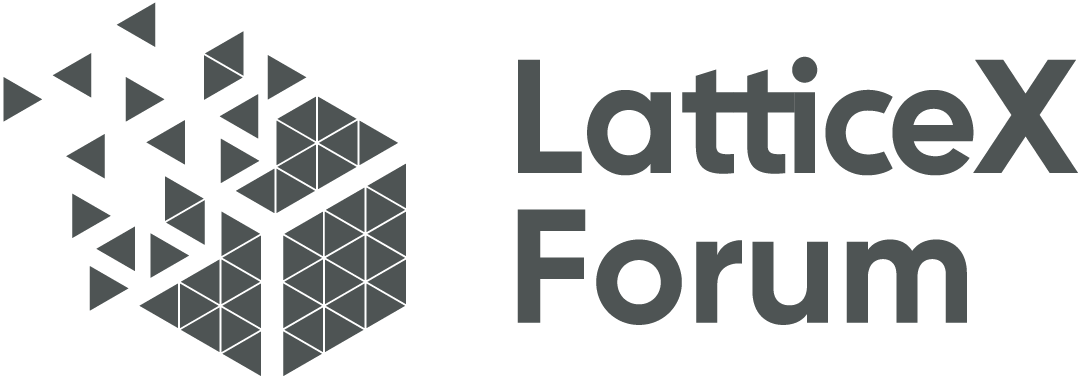PlatON Competitive Analysis
PlatON is an underlying public chain that is no inferior to any mainstream public chain such as Ethereum, Eos, Cosmos, Polkadot, Algorand, Dfinity, Sola na, Near, etc. in terms of decentralization, security, performance, and smart contract development. These public chains mainly aim to build WEB3 network infrastructure and decentralized application platforms, while PlatON is to build privacy protection computing networks and artificial intelligence collaboration networks, mainly used for artificial intelligence training and services, as well as autonomous agents.
The PlatON project focuses on the integration of privacy computing and AI, compared to several other public chain projects with privacy computing characteristics (including Enigma, Oasis, and Phala):
-
PlatON adopts different privacy technology routes. PlatON adopts secure multi-party computing technology based on cryptography, which allows multiple parties to jointly calculate the result of a function without leaking their respective input data. This technology protects the privacy of data while also allowing participants to obtain computational results. It is mainly implemented through cryptographic protocols, which can ensure that even in the event of malicious behavior by one party, the data of other parties is still protected. The design concept of SMPC is to work without a trusted third party, using technologies such as encryption and zero knowledge proof to protect data privacy. It is suitable for computing and statistical tasks, allowing all parties to obtain calculation results without disclosing their own data, and ensuring the security of information during transmission through algorithms. Oasis, Enigma, and Phala mainly use TEE technology, and the trusted execution environment is a hardware security technology that provides a secure execution environment for sensitive data and computing. This environment is isolated and not easily affected by the operating system or main processor. TEE can protect data and computing processes without sacrificing performance. Relying on CPU or other security chip architectures to achieve hardware level isolation, based on hardware security measures, ensuring data and computing security through physical isolation, aiming to minimize the impact on performance, as it is implemented at the hardware level. PlatON is still an independent and complete blockchain network.
-
PlatON supports more complex machine learning privacy computing, and will also provide dedicated privacy computing acceleration hardware for AI.
-
PlatON focuses more on privacy training of AI models and the construction of AI proxies, as well as the interoperability of AI proxies, rather than just enhancing layer 2 computation in blockchain networks.
